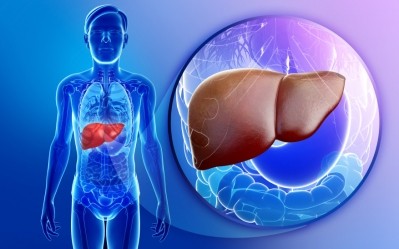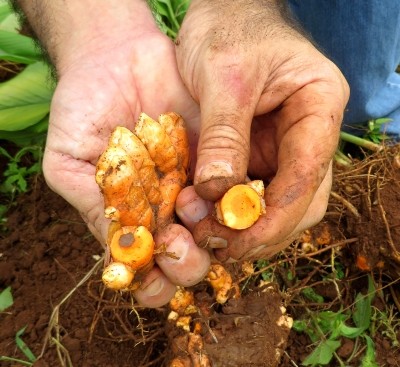Elderberry extract may improve obesity inflammation

The researchers from the University of Connecticut in the US said dietary anthocyanins had been shown to reduce inflammation in animal models and to improve obesity-related complications – and black elderberry (Sambucus nigra) was one of the richest sources of these types of flavonoids.
“Overall, black elderberry extract appeared to attenuate systemic inflammation and insulin resistance that occurs with diet-induced obesity in this mouse model, but further research is warranted on black elderberry consumption and effects in humans,” they wrote in the British Journal of Nutrition.
Mice were fed either a low-fat diet, high-fat lard-based diet, a high-fat diet with 0.25% of the extract or a high-fat with 1.25% of the extract for a period of 16 weeks.
The black elderberry extracts amounted to an anthocyanin dose of 20–40 mg per kg of body weight for the 0.25% group and 100–200 mg for the 1.25% group.
After 16 weeks both extract groups had significantly lower liver weights, serum TAG and serum monocyte chemoattractant protein-1 – a serum marker linked to cardiovascular disease and diabetes – compared to the group given the high fat diet alone.
The homeostatic model assessment (HOMA) – a method used to measure insulin resistance and beta-cell function – was also improved.
Liver weights were about 13% lower in both extract groups compared to the group given the high fat diet alone.
However, upping the dose to 1.25% did not improve these markers more than 0.25%.
The researchers even said the higher dose could cause complications in the adipose fat tissue because of fibrogenic effects.
Tackling the comorbidities
According to the World Health Organisation (WHO), estimated worldwide rates of people who are overweight and obese are 39 and 13%, respectively.
"Obese individuals have shortened life expectancies; however, they do not typically die of obesity itself but rather obesity-related comorbidities, such as cardiovascular disease, diabetes and certain types of cancers,” they said.
They said inflammation as a result of adipose fat and excessive accumulation of ectopic lipid in tissues was thought to be a key underlying cause of these obesity-related comorbidities, meaning methods that target and lower inflammation could be effective at preventing obesity-related conditions.
Source: British Journal of Nutrition
Published online ahead of print, doi:10.1017/S0007114515002962
“Black elderberry extract attenuates inflammation and metabolic dysfunction in diet-induced obese mice”
Authors: N. J. Farrell, G. H. Norris, J. Ryan, C. M. Porter, C. Jiang and C. N. Blesso















